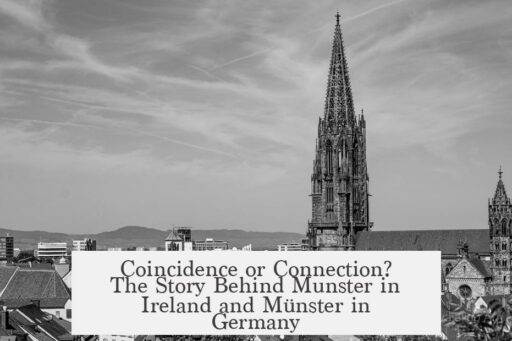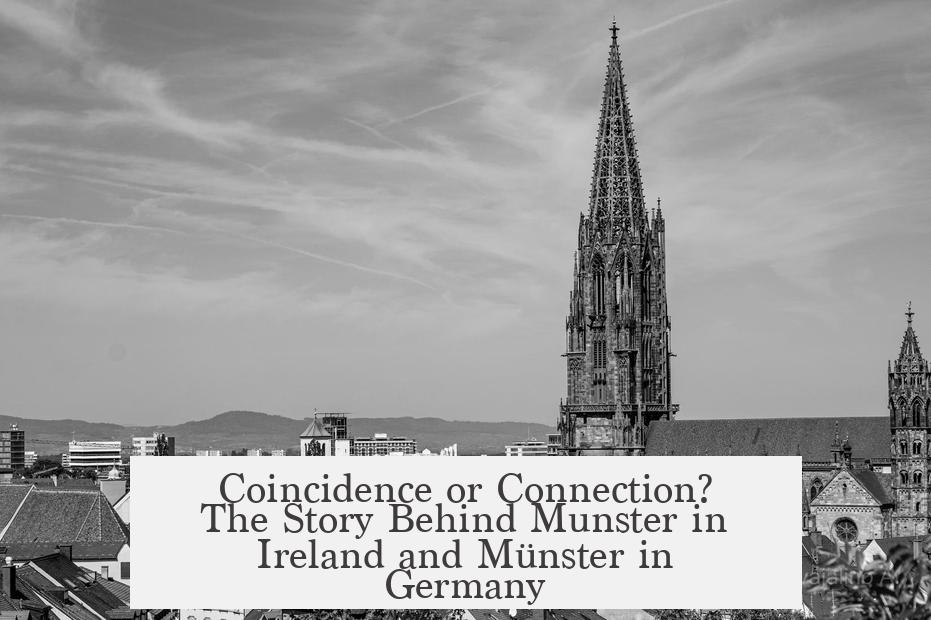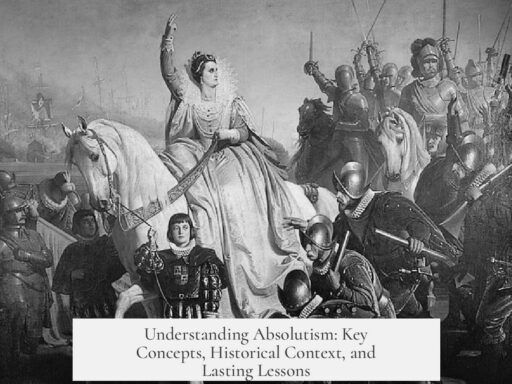The similar names of Munster in Ireland and Münster in Germany result from independent origins and are essentially a coincidence.
The Irish province of Munster derives its name from the Gaelic term Cúige Mumhan. The English name “Munster” likely comes from a Norman adaptation or romanization of “Mumhan.” This term is rooted in local indigenous language and history, unrelated to ecclesiastical terms.
In contrast, Münster in Germany has a distinct etymology. Its name comes from the Latin monasterium, meaning “monastery.” Over time, it was germanized into “Münster.” This toponym is common in German-speaking regions due to the historical presence of monasteries or minsters, which are specific types of large or important churches.
- The German term “Münster” also means “minster” in a church-related context, connecting the name directly to religious institutions.
- Numerous German places share the “-münster” suffix, underscoring the link to monasteries rather than any Celtic or Gaelic origin.
These names arose separately: one from the Gaelic tribal and territorial designation, the other from Latin ecclesiastical roots. There is no linguistic or historical connection linking the two names beyond the coincidence of their English spellings.
| Aspect | Munster, Ireland | Münster, Germany |
|---|---|---|
| Origin | Gaelic “Mumhan” | Latin “monasterium” |
| Meaning | Province/region name | Monastery/church |
| Language route | Gaelic to English (Norman influence) | Latin to German |
| Historical context | Native Irish territory | Ecclesiastical center |
Thus, the shared English name “Munster”/”Münster” hides distinct histories and origins. The similarity is coincidental rather than connected.
- Munster (Ireland) comes from Gaelic “Mumhan.”
- Münster (Germany) derives from Latin “monasterium.”
- The German name links to monastery origins, common in many place names.
- Names arose independently and share no historical or linguistic relation.
- Both coincide only in English transliteration.
Is it just coincidence that the province of Munster in Ireland and the city of Münster in Germany have the same name in English?
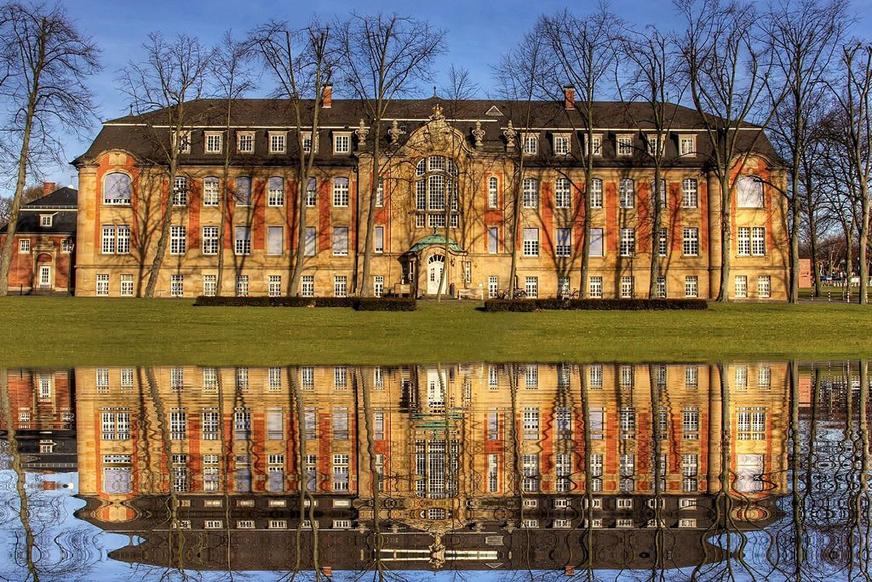
Yes, it is just a coincidence. Despite sharing the name “Munster” (or “Münster” with an umlaut), the Irish province and the German city have entirely separate origins and meanings. Let’s unpack this fascinating linguistic mix-up.
If you’ve ever wondered about this, you’re not alone. Many people assume the similarity hints at a shared history or a linguistic connection. But it turns out that the two names come from completely different roots, shaped by geography, culture, and language over centuries. Let’s dive into the stories behind these names.
Munster in Ireland: A Gaelic Root with Norman Influence
The Irish province of Munster’s name is an Anglicized form of its original Gaelic name, Cúige Mumhan. The word Mumhan is the native Gaelic designation for the region. When the Normans arrived in Ireland in the 12th century, they often romanized or “translated” local Irish names into forms more familiar to their language.
So, “Munster” in English likely emerged as a Norman attempt to spell or pronounce Mumhan. It wasn’t a direct linguistic descendant of English or Latin roots related to churches or monasteries. Instead, the name’s journey is grounded in the Gaelic language and then filtered through Norman scribes and administrators.
Thus, Munster’s name in Ireland is deeply tied to its Celtic heritage rather than the Latin ecclesiastical terms that influenced many European place names.
Münster in Germany: A Name Rooted in Monasteries and the Church
On the flip side, the German city named Münster comes from the Latin word monasterium, which means “monastery.” The term passed into German as Münster, referring both to the specific city and to a type of church known as a minster in English.
In fact, the suffix “-münster” is common in German place names, especially where monasteries once played a central role. These monasteries were often key religious, cultural, and even economic hubs in medieval Europe. Because of this, many German towns and cities bear this toponym.
Interesting side note: the English word “minster” also comes from the Latin “monasterium,” but the English and German meanings don’t line up perfectly. The German Münster often refers to a specific church building’s type or a town that grew around such a religious institution. In contrast, English “minster” is less common as a place name today.
Both “Munster” and “Münster” Sound Alike but Mean Different Things
It might be tempting to assume an Irish-German connection because the names look and sound alike. But these names developed completely independently, shaped by very different linguistic and historical forces.
Irish Munster roots itself in the region’s ancient Gaelic identity. German Münster reflects the influence of Latin on German place names and the central importance of monasteries there.
Why Does This Matter? Understanding Place Names and Language
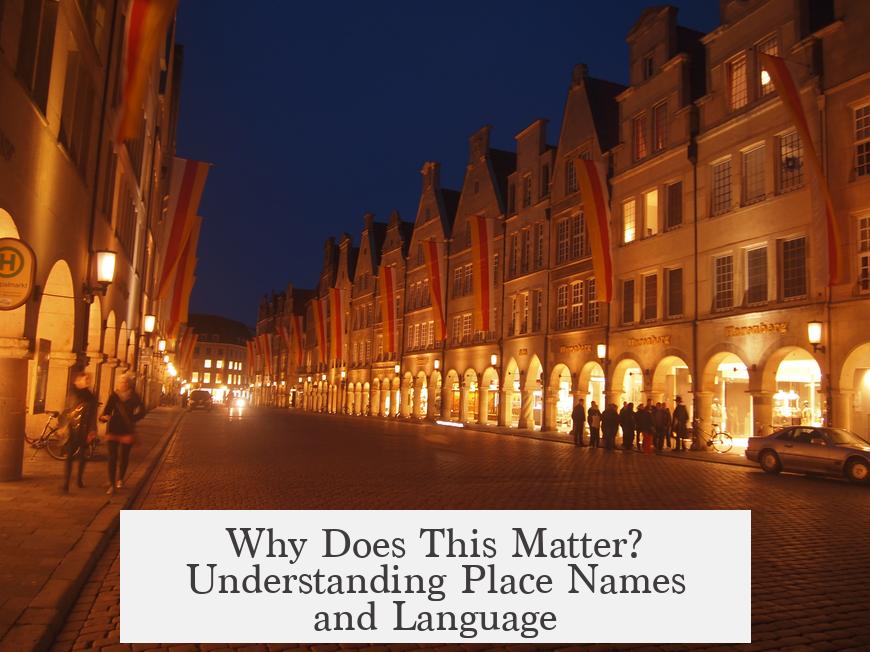
Place names often carry deep historical stories. They reveal how people related to their environment, culture, and institutions. This example shows how different origins can create similar names by mere coincidence.
For travelers and language enthusiasts, knowing this adds a layer of context. When visiting Munster in Ireland, you walk through lands tied to Celtic history and Norman influence. When visiting Münster in Germany, you’re stepping into a city with a medieval monastic heritage.
Some Friendly Tips When Exploring These Names
- Don’t assume shared names always mean shared histories. Dig into the etymology first.
- If interested in language history, examine how local languages and invading influences shaped place names.
- Consider visiting local museums or archives in Munster and Münster for rich histories.
- Try pronouncing the names in their local styles: the Irish Mumhan sounds quite different from the German Münster.
Conclusion: Names Can Be Coincidence, But Stories Are Always Unique
So, is it just coincidence that the province of Munster in Ireland and the city of Münster in Germany share the same name in English? Yes—it definitely is. Both names evolved separately, reflecting unique cultural and linguistic contexts in their respective regions.
While it’s fun to spot similarities on the surface, digging deeper shows the fascinating diversity behind language and place naming. It’s a reminder to look beyond the obvious and appreciate how human history and language intertwine in unexpected ways.
What’s the next place name you’ll explore? Maybe it’s another “Paris” somewhere in the world, or perhaps a “Springfield” rival? Keep your curiosity sharp and your linguistic detective hat ready!
Is the name Munster in Ireland related to the German city Münster?
No. The Irish Munster comes from the Gaelic *Mumhan*, romanized by Normans. The German Münster comes from Latin *monasterium*, meaning monastery. The names have different roots.
Why does the German city of Münster have this name?
Münster comes from the Latin word *monasterium*, signifying a monastery. The name highlights the city’s historical link to religious institutions.
Does the word “Münster” appear in other German place names?
Yes, many German towns include *-münster* due to monasteries or minsters once located there. It’s a common toponym.
Are the English words “Munster” and “minster” connected?
The English “minster” and German “Münster” both refer to types of churches, but their connection is not precise. They share roots but developed differently.
Is it just a coincidence that Munster and Münster sound alike?
Yes, it is a coincidence. Munster in Ireland and Münster in Germany have similar names in English but evolved independently from distinct origins.
